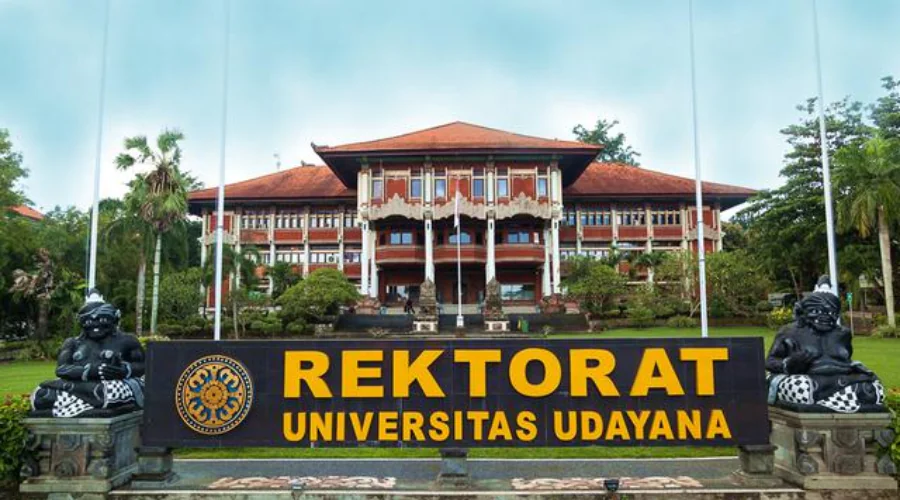
- 16 Mar
- 2023
Universitas Udayana salah satu perguruan tinggi negeri di Bali (Sumber: unud.ac.id)
Here's the Response of UM Surabaya Legal Experts to the Case of the Udayana Chancellor who is a Corruption Suspect
The determination of the suspect by the Chancellor of Udayana University in the corruption case of the Institutional Development Contribution Fund (SPI) for new students selecting independent pathways from 2018/2019 to 2022/2023 has sparked the attention of academics to provide responses, one of which is UM Surabaya Law Specialist Satria Unggul Wicaksana.
According to him, the rasuah case involving university leaders is not the first time. Previously, a similar case also ensnared the Chancellor of the University of Lampung. He said that the campus has become very problematic due to not being transparent and accountable, especially in the independent selection of FK students. This is what should be a concern.
"The student selection pattern must be opened as wide as possible, and it becomes a momentum so that the selection of FK students or other independent student selections in both PTN and PTS does not involve corrupt practices," said Satria who is also the Dean of the Faculty of Law UM Surabaya.
He also said that the corruptive character of higher education officials, especially in state universities, also occurs because the chancellor election portion has a majority vote from the Minister of 35%, this opens up a loophole for dirty political transactions that will overrule the election of a chancellor who prioritizes the principle of meritocracy, this is the root of the problem the seriousness of corruption in Higher Education by the Chancellor.
According to him, law enforcers at the KPK/Attorney General's Office must pursue the escape of assets resulting from corruption committed by Chancellors involved in corruption cases, including the network of corrupt actors involved, because we know this practice is carried out systematically. Including the potential for money laundering to escape or obscure assets resulting from corruption
"As a higher education institution that has a moral burden in maintaining integrity, campuses must be able to set a good example by being intolerant of corrupt practices, campuses must establish adequate mechanisms and quality control to prevent bribery, conflicts of interest, and other corrupt practices. The audit results must be disseminated to the public as a commitment to strengthening the role of higher education institutions in eradicating corruption," said Satria again.
He also said strengthening public control over efforts to eradicate corruption was a step that had to be taken, in line with Article 41 of the Corruption Eradication Law.
"The channel that can be done is to mobilize NGOs, community groups that have the potential to be affected, students and the student press, so that similar cases do not occur in the future," he said.
Not only that, Satria also provided a number of recommendations to the Ministry of Education and Culture and Research and Technology to break the chain of this fraudulent practice. First, the Ministry of Education and Culture and Research and Technology must be serious about solving this problem down to its roots, be able to investigate all selection of FK students conducted at state universities, especially those related to independent selection.
Second, the Ministry of Education and Culture and Research and Technology must be impartial in eradicating corruption in tertiary institutions, but this is difficult because the minister's 35% vote will be a challenge in itself in realizing objective corruption eradication work.
"Finally, fundamentally changing the policy of independent selection of PTN students, especially in the Faculty of Medicine, so that similar cases do not recur in the future," concluded Satria.










(0) Comments